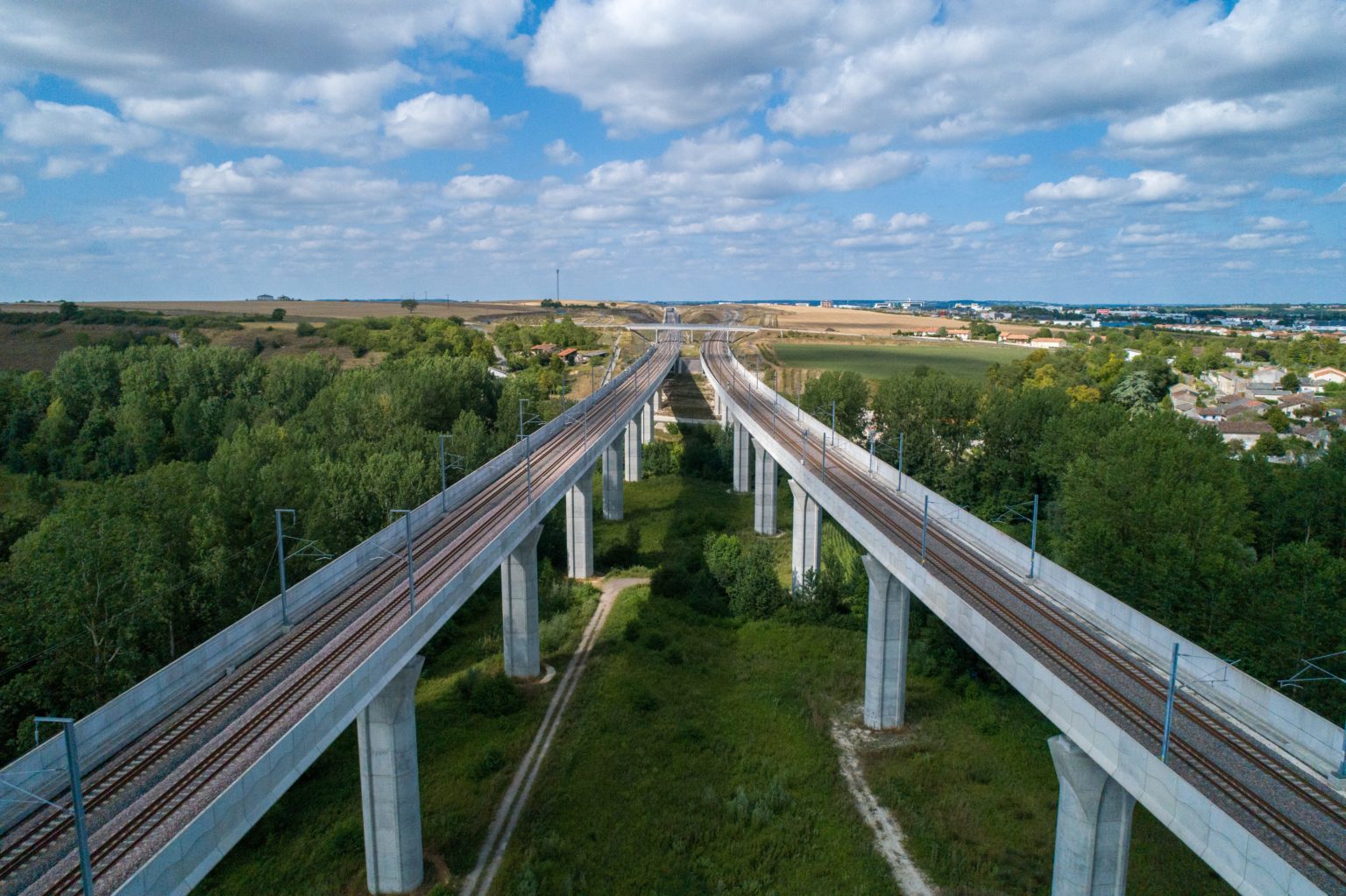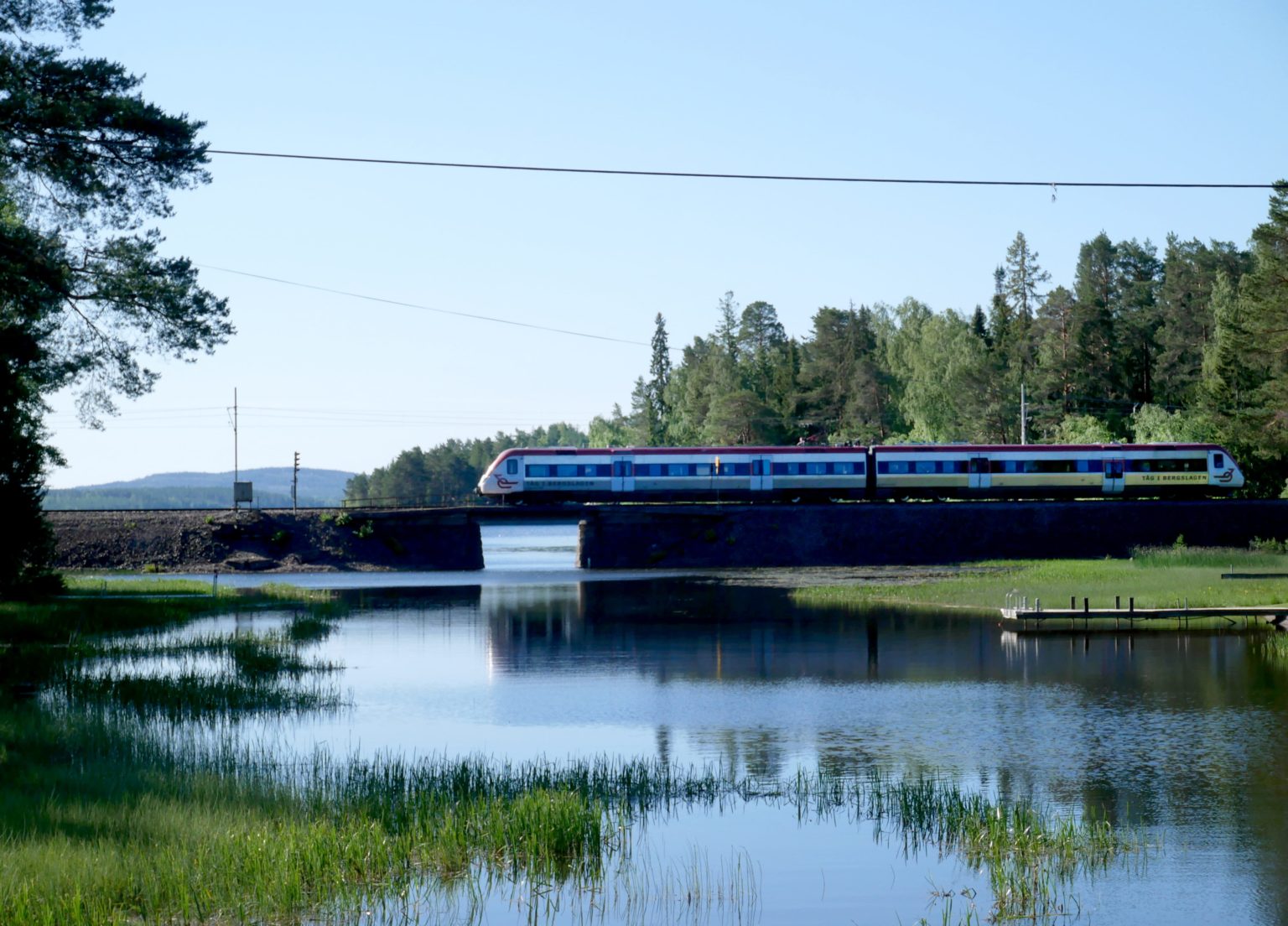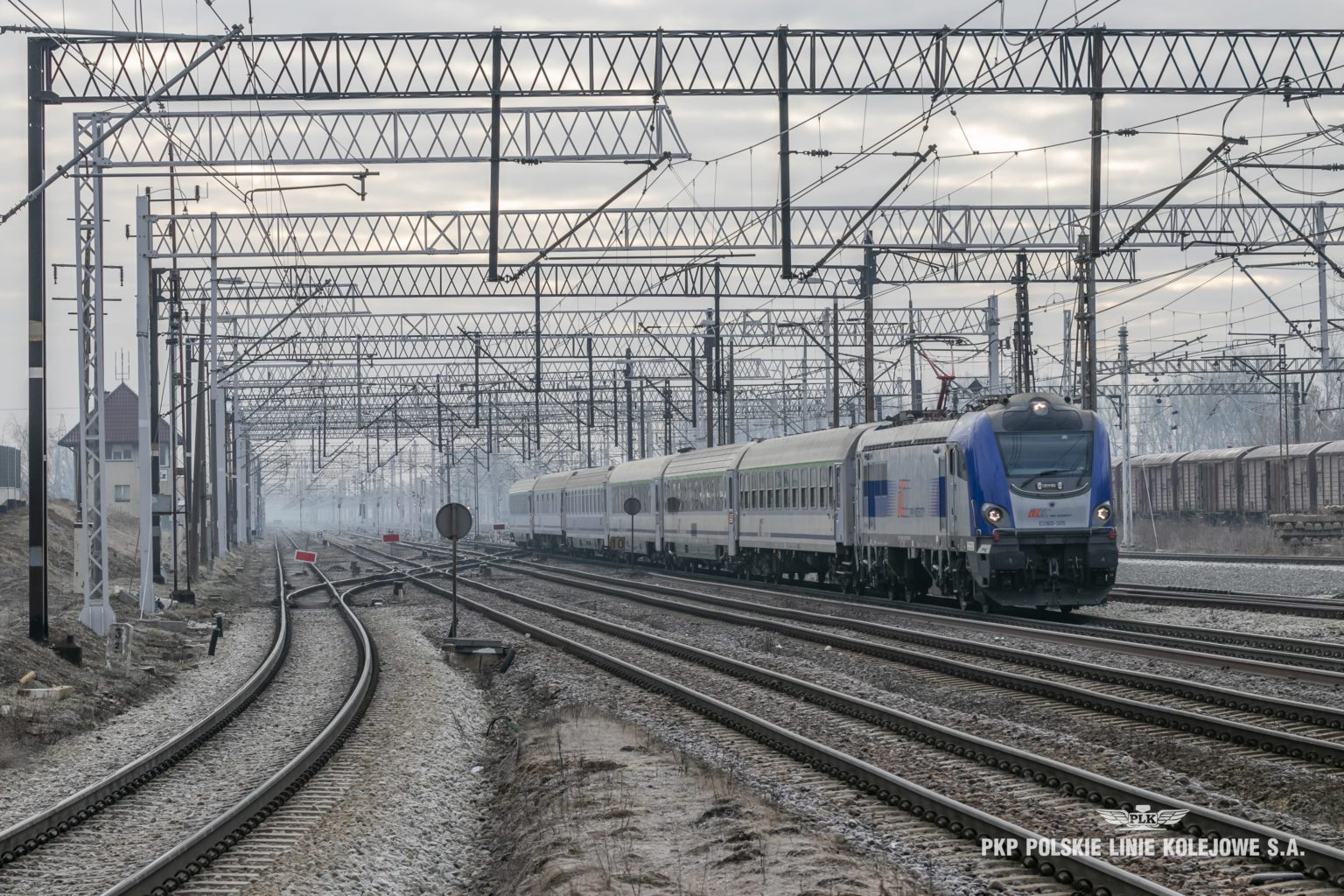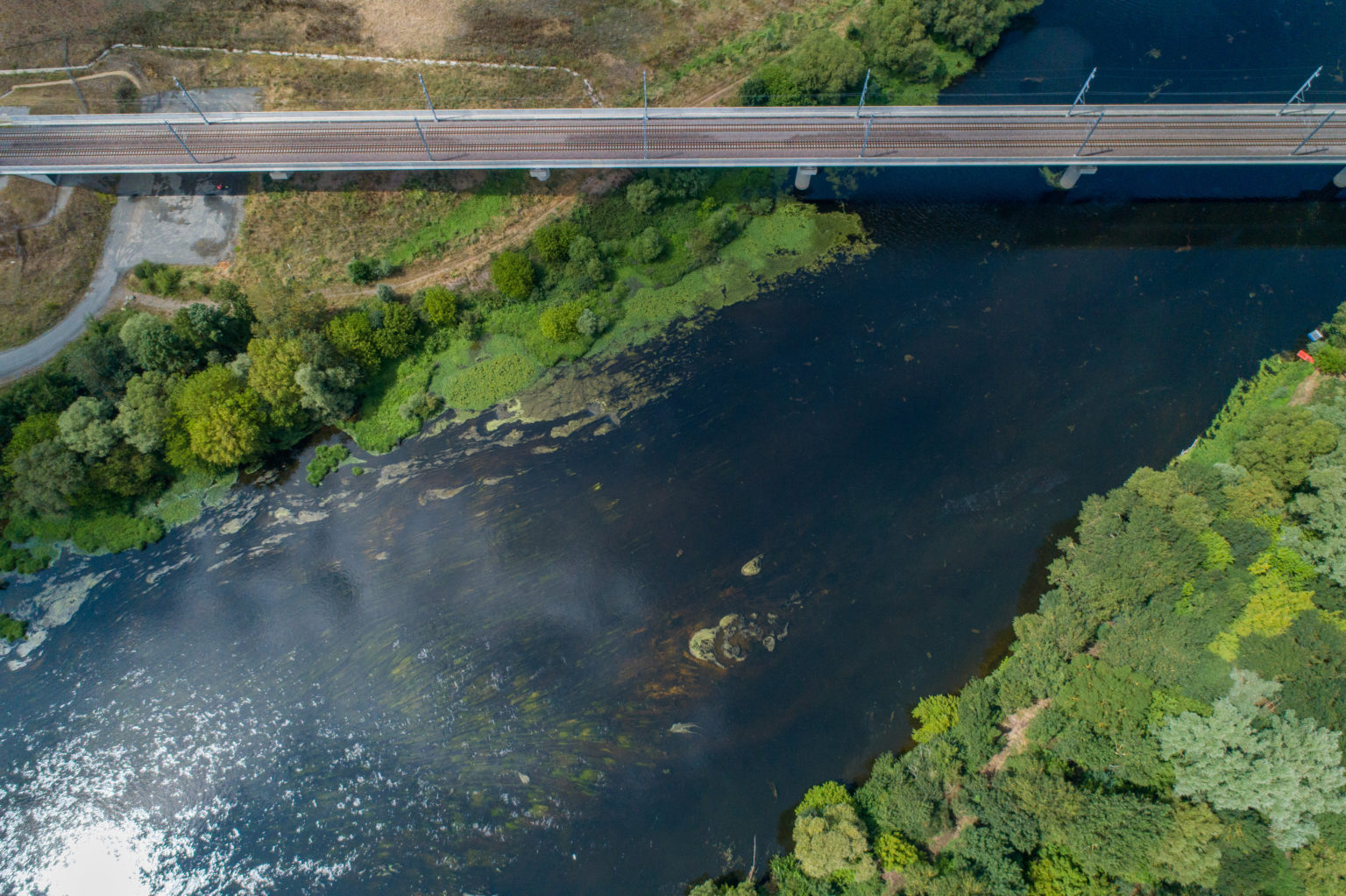


Environment
Noise
Objective
Noise pollution is one of the most widespread public health threats in industrialised countries and the second largest environmental cause of health problems in the EU, impacting the railway sector and rail operations. The EU is taking several actions on noise exposure, one of which is reducing noise emissions from rail freight.
Regulation (EU) 1304/2014 on the Technical Specification for Interoperability related to Rolling stock – Noise (NOI TSI) establishes the framework for noise emitted by rolling stock (locomotives and passenger and freight wagons).
EIM in action
- EIM advocates the importance of speeding-up the process for freight wagons to become quieter, as well as the importance of available, cost-efficient noise reduction solutions in order to prevent a modal shift from rail to other transport modes;
- EIM contributes to the dissemination of the information and activities related to the quieter routes, which are published in the RINF.

EIM actions in 2023
- EIM’s WG “NOI” (Noise) has been sharing experiences in relation to the list of quieter routes;
- EIM’s WG “NOI” has contributed to the technical opinion on the reporting of the information for quieter routes. The EC followed EIM’s recommendations (the information will have to be provided exclusively through RINF and no longer with the Noise template).
- EIM’s Nordic IM members continued working with the task force on the assessment of the composite brake blocks towards an exemption to be taken based on the composite brake blocks (CBBs) performance in the Nordic countries.
Outlook 2024
- Quieter routes will come into force at the end of 2024. EIM’s WG “NOI” will share their implementation activities.
Application Guide

Substances
Objective
Within the context of the European Green Deal, the European Commission (EC) launched several initiatives to regulate the use of certain substances, such as Glyphosate, F-gases or PFAS.
Several of these substances are used by Rail Infrastructure Managers (IMs) in their activities: Glyphosate for track maintenance, Fluorinated gases (F-gases) in switch gears and Per- and polyfluoroalkyl substances (PFAS) in various other applications.
The EC adopted the Implementing Regulation (EU) 2022/2364 to extend the permitted period of use of glyphosate until 15th December 2023. On 28th November 2023, the EC adopted its Implementing Regulation (EU) 2023/2660 renewing the approval of glyphosate for a period of 10 years (i.e. until 15 December 2033).
On 5th April 2022, the EC published its proposal to revise the Regulation on fluorinated greenhouse gases with the aim to phase out these man-made gases. On 5th October 2023, the co-legislators (European Parliament and Council of the EU) reached a provisional agreement. The agreement is expected to be confirmed by the two bodies in Q1 2024 and the final text should enter into force shortly after.
In February 2023, the EU Chemical Agency (ECHA) published a proposal to restrict the use of per- and polyfluoroalkyl substances (PFAS) by 2026 or 2027, although it allows some (use-specific and time-limited) derogations. The ultimate aim is to end the use of PFAs by 2039. ECHA launched a public consultation on its proposal to collect additional information and will spend a good part of 2024 examining the results before delivering its final opinion to the EC.
The members of EIM are actively engaged in finding alternatives to these substances and minimising their use as quickly as possible, without jeopardising the safety of the railway system.
EIM in action
- EIM advocates extensive research into alternative products to glyphosate by participating in various research platforms.
- EIM continues to monitor the evolution related to substances on EU and national level.
- EIM continues to flag any relevant issues to its WG “EGD”.

EIM actions in 2023
- EIM actively participated in the “Advisory Board” of UIC’s Bison Project addressing biodiversity and infrastructure synergies and opportunities for European transport networks.
- EIM closely followed the development of all initiatives.
- EIM cooperated with the wider sector to request derogations for PFAS when viable alternatives do not exist.
Outlook 2024
- ECHA to continue examining the results of the public consultation and potentially deliver its final opinion to the EC in Q4 2024.
- Entry into force of the Regulation on F-gas.
- EIM will continue to follow all relevant EU initiatives regarding substances used by the rail sector.
Implementing Regulation 2022/2364 on the extension of the approval period of glyphosate

Proposal for a Regulation on fluorinated greenhouse gases, amending Directive (EU) 2019/1937 and repealing Regulation (EU) No 517/2014

Low-emission and Electro-Mobility
Objective
With the publication in March 2020 of its proposal of the “European Climate Law” the European Commission (EC) envisages a legally binding target of net zero greenhouse gas emissions by 2050, in line with the objectives of the European Green Deal.
Member States will be bound to take the necessary measures to meet this target in all sectors concerned, including transport.
Within this framework, EIM participates in the ‘’Platform for Electro-Mobility’’ to promote rail as one of the best electromobility solutions for citizens to achieve the climate ambition of zero emissions. The Platform has gained importance due to the revision of the EU Directive on “Alternative Fuels Infrastructure” (AFID) into a Regulation (AFIR). The AFIR entered into force on 12th October 2023.
EIM closely monitored the negotiation on EU level of AFIR and all related topics. EIM also followed he negotiations between the EU Parliament, the Council and the EU Commission regarding the revision of the European Trading System (ETS II).
EIM in action
- EIM is a full member of the ’Platform for Electro-Mobility’, a multimodal, cross-sectorial forum of industry stakeholders with the goal of fostering e-mobility in European transport.
- EIM systematically advocates the recognition of the strategic importance of electric rail services for passengers and freight.

EIM actions in 2023
- EIM proposed a number of amendments to multiple position papers of the Platform for Electro-Mobility.
- EIM closely followed the evolution of the EU negotiations on AFIR until its adoption and entry into force in October 2023.
Outlook 2024
- EIM will continue to actively participate in the Platform for Electromobility.
- EIM will continue to contribute to topics such as energy efficiency and energy transition.
Sustainable and Smart Mobility Strategy – putting European transport on track for the future

European Green Deal (EGD)
Objective
The European Green Deal (EGD) was presented in December 2019 by the EU Commission. The EGD aims at boosting the competitiveness of European industry, establishing a circular economy, eliminating pollution, and safeguarding biodiversity. The overall objective is to make the European Union carbon-neutral by 2050 across all sectors, including transport.
The EU Green Deal, notably the part on sustainable transport, has a major impact on the upcoming revision or development of EU legislation relevant for rail infrastructure managers, such as TEN-T, Rail Freight Corridors, funding and financing, rail capacity management, national rules, bottlenecks, etc.
EIM in action
- EIM welcomes the political objectives of the EGD and the related sustainable and smart mobility strategy.
- EIM advocates a better level playing field with other transport modes and to increase the CEF funding for rail.
- EIM updates the members on the possible impact of each initiative.

EIM actions in 2023
- EIM closely followed the legislative developments on the EU Green Deal.
- EIM consulted its Working Group “EGD” set up in 2021 and exchanged with the experts.
- EIM also coordinated its activities with other organisations (CER, UNIFE, ALLRAIL).
- EIM actively contributed to the BISON and the AT-WOOD projects of UIC.
Outlook 2024
- EIM will continue to follow all relevant EU initiatives related to the EGD.
- EIM will closely monitor the negotiations on EU level of the different legal initiatives related to the EGD.
- EIM will consult its members and its WG “EGD” when relevant.
- EIM will continue its collaboration with the sector to promote rail as the greenest mode of transport.
Nature Restoration
Objective
On 22nd June 2022, the European Commission (EC) published a Proposal for a Regulation on Nature Restoration. The proposal sets multiple binding restoration targets and obligations across a broad range of ecosystems, from forests and agricultural land to urban areas, rivers and marine habitats, complementing existing legislation. These nature restoration measures should cover at least 20 % of the EU’s land and sea areas by 2030, and all ecosystems in need of restoration by 2050. To implement the proposed regulation, Member States would be required to develop nature restoration plans, to be assessed by the EC.
Following intense negotiations between the European Parliament and the Council of the EU, a provisional agreement on the Proposal was found on 10th November 2023.
EIM in action
- EIM regularly exchanged with its WG “EGD” and its political delegates on the issue.
- EIM duly updated the members on the possible impact of this initiative.
EIM actions in 2023
- EIM closely followed the developments of the dossier.
- EIM maintained a dialogue with all relevant stakeholders (EU institutions and sector organisations).
- EIM collected expert advice from its members to feed the negotiations on EU level.
Outlook 2024
- EIM expects the co-legislators to formally approve the provisional agreement in Q1/Q2 2024.
- The final text will enter into force shortly after.
Proposal for a Regulation on Nature Restoration
